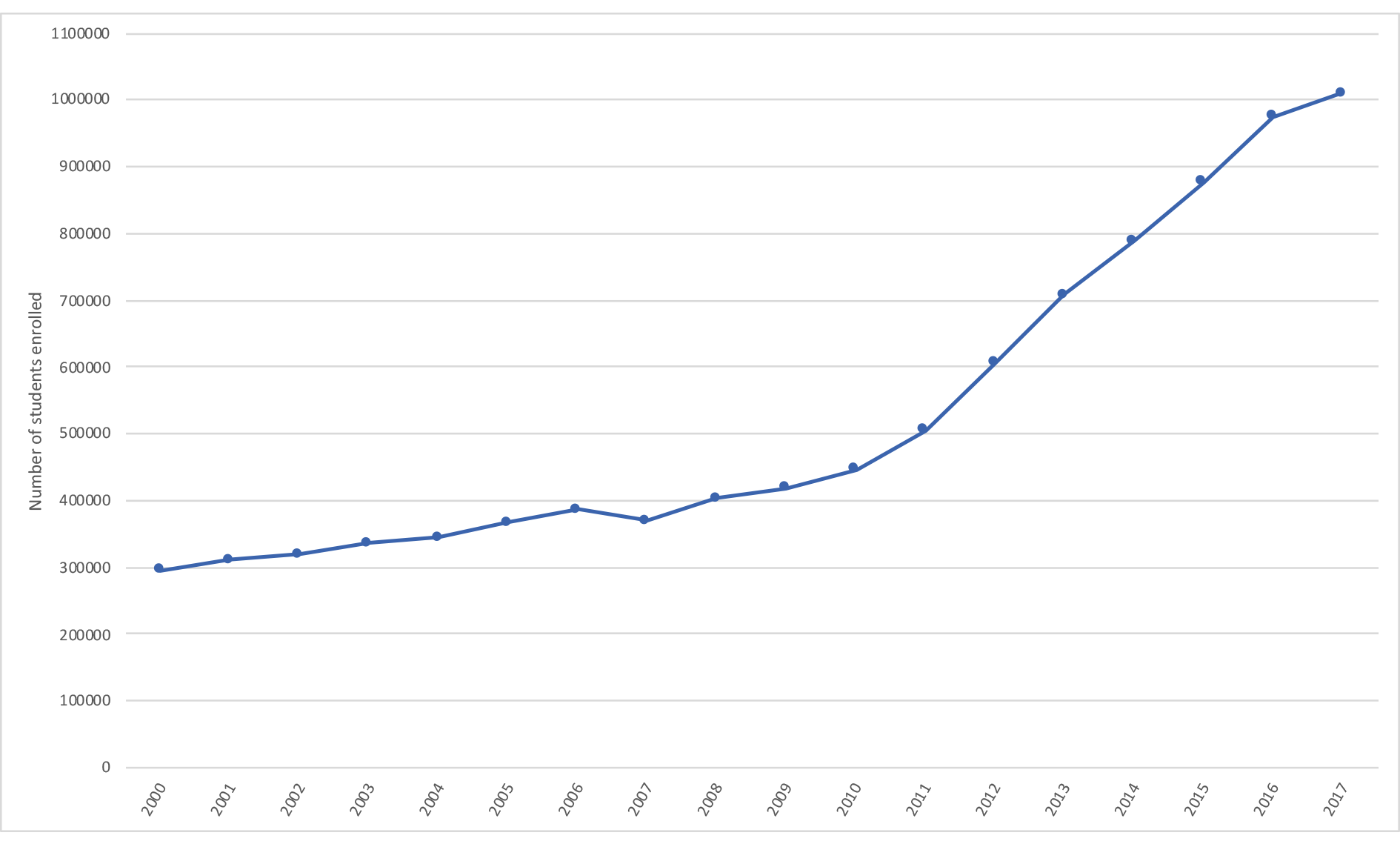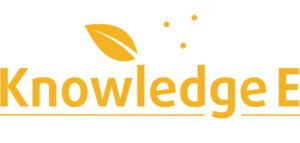
DUBAI, United Arab Emirates, 13th February 2020 – Users in Morocco can now access more than 120,000 publications, including 30,000 journals and 30,000 eBooks across all disciplines through a simple monthly subscription to ZendyPlus.
Access to scientific literature, particularly in developing countries, has been an obstacle in global scholarly discovery for years. The need for reliable resources in Morocco has never been higher with the rapidly growing student population. Students enrolled in tertiary education has increased from 295,634 to 1.01 million in 17 years (source: Statista).

In the current academic environment, individuals require university facilitated access to navigate paywalled research databases. However, many regional universities exist with limited resources, not to mention the vast majority of the public not affiliated with institutions. Alternatively, students, doctors, researchers, and independent learners must generally pay a fee of up to $40 per article to access the latest scientific research.
“Each day that research is unavailable to large communities, we miss out on opportunities that are possible when research is accessible and searchable. The Zendy team is incredibly excited to have Morocco on board and hopes to one day unlock all human potential by granting global access to all scholarly literature.” – Founder and CEO, Knowledge E, Kamran R. Kardan
Zendy is an online platform created to provide individuals with access to scholarly research and literature by making it affordable and accessible to everyone. The platform is suited for all academic and non-academic professionals, students, and knowledge enthusiasts.
Start your free trial in Morocco with ZendyPlus here: https://zendy.io
About Zendy
Zendy is an online platform created to provide individuals with access to scholarly research and literature. Zendy originates from the notion of building a more knowledgeable world, as there has never been a time where easy, affordable access to content has been more needed. Current scholarly databases exist behind crippling paywalls or require university facilitated access, which is a challenge for individuals across the globe not affiliated with institutions. Access to scientific publications is particularly troublesome in developing countries, where many universities cannot afford the subscription databases required for advancing research and studies. Zendy is working to remove barriers from scholarly discovery to make academic literature affordable and accessible to everyone, all academic and non-academic professionals, students, and knowledge enthusiasts. Zendy is developed by Knowledge E in a growing collaboration with researchers, students, institutions, and publishers to facilitate the democratisation of knowledge.
Zendy is now available in Jordan and Morocco with the rest of Africa and Middle East to follow in 2020.
About Knowledge E
Established in 2012, Knowledge E’s name was fast to become synonymous with collaboration, professionalism and innovation. Head-quartered in Dubai, United Arab Emirates, and supported by a team of 30 highly engaged professionals, Knowledge E works closely with over 100 clients world-wide from various types of organisations and government entities within the research and education sector to support their continued innovation and development. This is achieved by providing leading expertise, information resources and software solutions. Since its inception, Knowledge E has prudently expanded its expertise, services and technology in line with its vision of developing ‘a more knowledgeable world’. Knowledge E’s three core offerings are the 3D’s; ‘Discover’, ‘Develop’ and ‘Disseminate’. ‘Discover’ through the KnE Digital Library Solutions powered by Zendy for research literature discovery, as well as tailored content packages; ‘Develop’ through the KnE Learning Programmes, supporting capacity building and skills development within academia as well as the KnE Consulting Projects, serving universities on their mission to become ‘world-class universities’; and ‘Disseminate’ through the KnE Publishing Services and the platform for Open Access publishing of regional journals and conference proceedings.
